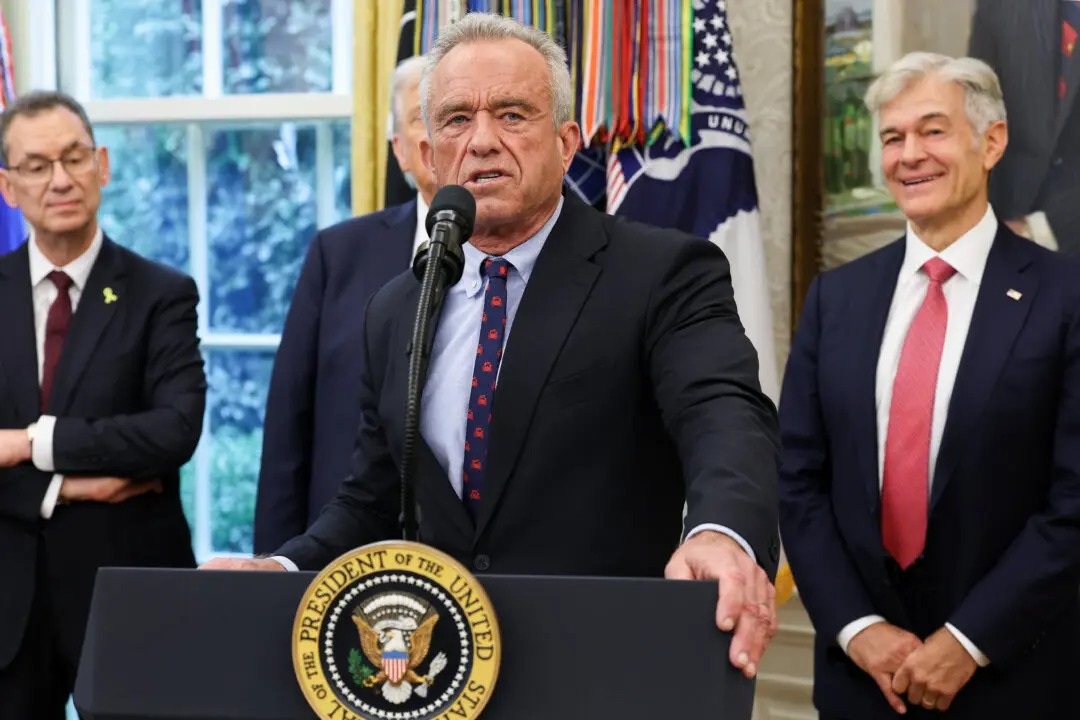Sen. Joe Manchin (D-W.Va.) signaled on Oct. 6 that he won’t support carving out an exception to the filibuster for the federal debt limit, meaning Democrats don’t have enough votes to employ the so-called nuclear option.
“I’ve been very, very clear where I stand on the filibuster. I don’t have to repeat that. I think I’ve been very clear. Nothing’s changed,” Manchin told reporters in Washington.





